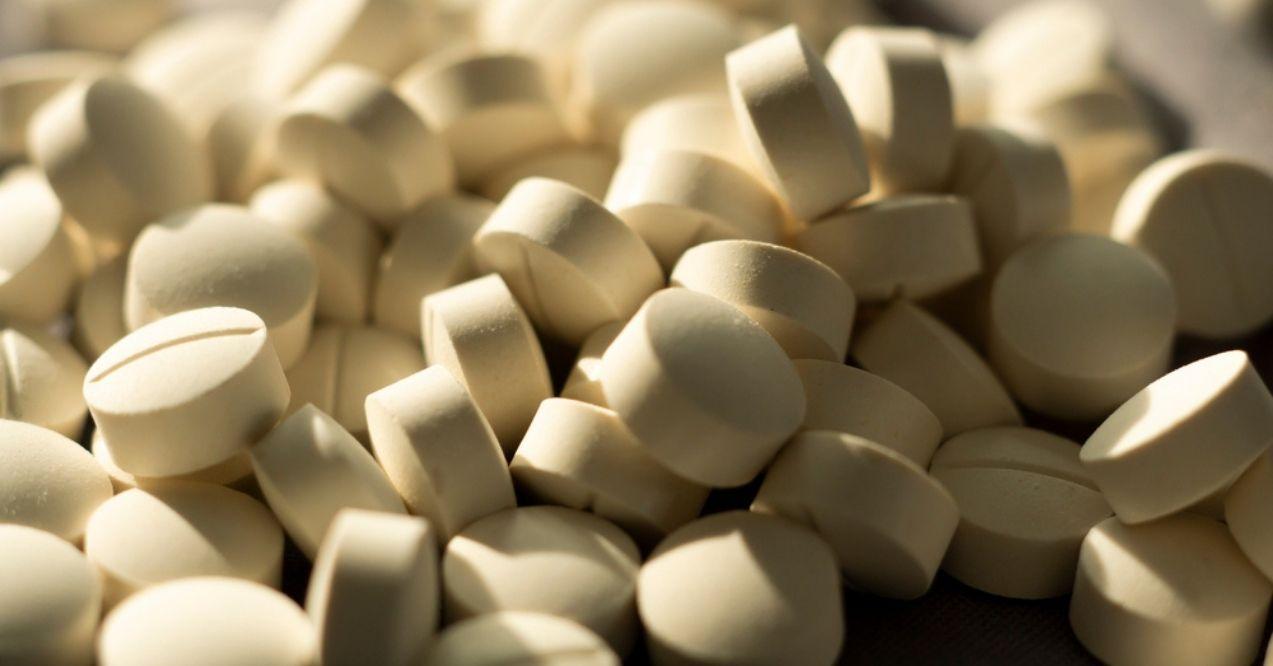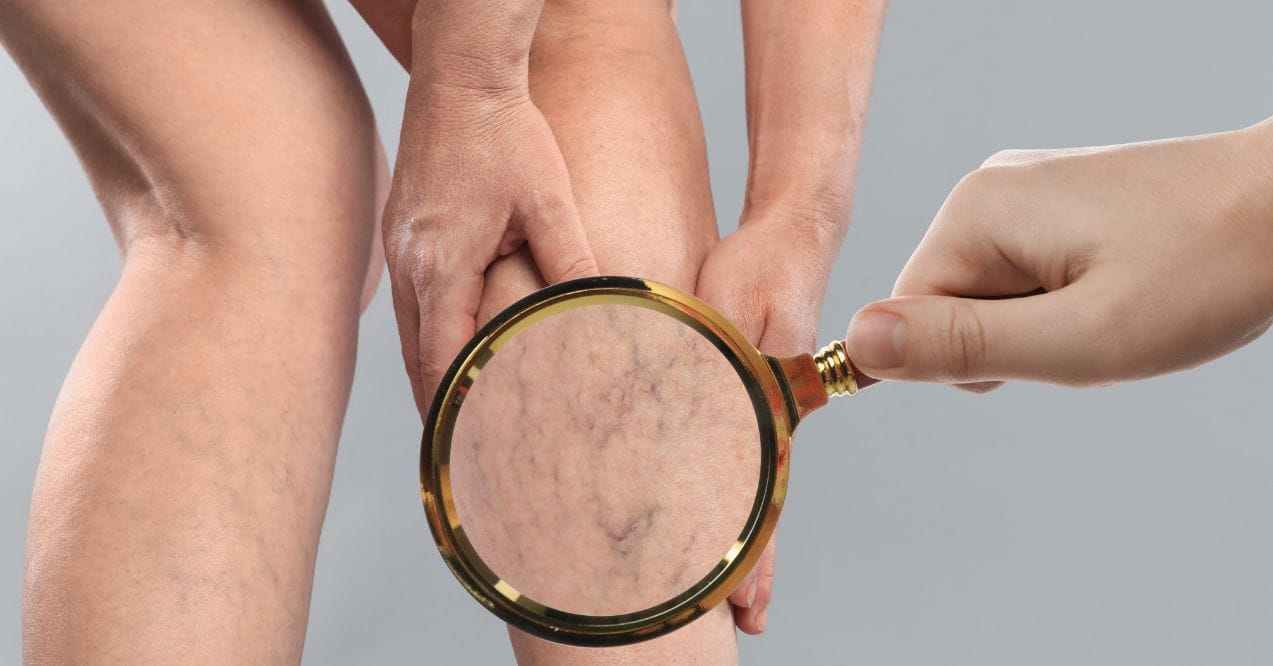Zinc and Selenium Benefits and Their Best Sources
Medically reviewed by our experts


Have you ever heard of zinc and selenium benefits and their sources? These two trace elements are necessary for human health. They have a crucial function in the body, and low concentrations can cause several related health issues. Selenium and zinc are mandatory to have a healthy immune system. They are essential in preventing illnesses and other common ailments from affecting your body.
Zinc, in particular, plays a critical role in the human body, whereby it aids in cell division, immunological response, protein synthesis, and wound recovery. This element is also necessary for healthy development and growth in children and during pregnancy. White blood cells need it to fight infections and illness, demonstrating its importance in easing typical cold symptoms.
On the other hand, selenium aids your body in DNA synthesis, thyroid function, reproduction, and the fight against infection and oxidative damage. Both zinc and selenium are crucial for regulating immunological function, according to the Harvard University School of Public Health. Consuming adequate amounts of dairy products, seafood, poultry, nuts, and legumes is paramount to tap into these beneficial nutrients. This article will thoroughly cover the benefits of zinc and selenium. Continue reading to learn more.
Exploring Zinc and Selenium Benefits
Below, we have summarized the wide range of zinc and selenium benefits. They range from a boost to the immune system to skin health and chronic disease prevention. They also cater to the aging population by enhancing quality of life and disease resistance.
Why Is Zinc Necessary?

Zinc is an essential vitamin that humans can only obtain from diet or supplementation. One of the most prevalent minerals in the human body is zinc. It is present in every single cell. Zinc is needed for several functions, including the synthesis of proteins, the recovery of wounds, the formation of DNA, and enzyme reactions. Numerous metabolic, digestive, neurological, and immune system-supporting functions depend on these activities. Particularly in the following domains, zinc is essential to human health:
- Supports the Immune System – This mineral aids in immune cells’ growth and proper operation. In particular, it increases immune system cells that fight against germs and viruses.
- Promotes Healthy Skin and Hair – Zinc is necessary for synthesizing proteins and DNA, both of which are required to develop new, healthy skin and hair cells. Zinc pyrithione has many remarkable properties that can help treat dandruff, scalp psoriasis, and acne.
- Boosts Sense of Taste and Smell – Zinc aids in forming the enzymes that give us the pleasure of these two important senses. A lack of it may cause problems with the effectiveness of these two senses.
- Reduces Inflammation – This vitamin also aids in reducing inflammation within our bodies, reducing the likelihood of getting sick. An adequate amount of zinc is crucial to keep inflammation to a minimum.
Why Is Selenium Necessary?

Similar to zinc, selenium is regarded as an essential vitamin, meaning we have to obtain it through food or supplementation. We do not need much, but that doesn’t make it less significant. Selenium is essential for many bodily functions, particularly those related to the thyroid and metabolism. Since it helps the body combat oxidative stress and guards against inflammation and illnesses like diabetes, malignant cell growth, and heart disease, selenium is regarded as an antioxidant. Selenium has a critical role in the following areas of human health:
- Reduces Inflammation – Selenium significantly attenuates the body’s inflammatory response, which helps to protect the immune system.
- Promotes Heart Health – Studies indicate that selenium may offer protection against heart disease due to its anti-inflammatory and antioxidant properties.
- Improves Memory – People who eat a diet high in selenium may have improved memory and increased protection against age-related mental decline.
- Protects the Thyroid Gland – One of the most well-known advantages of selenium is that it is required to synthesize the thyroid hormone, which regulates metabolism.
- Enhances Immunity – The immune system depends on selenium. Better results for several illnesses have been linked to higher selenium levels.
Key Benefits of Zinc
Zinc is a vital mineral that plays an essential role in various physiological processes in the human body. Its key benefits lie in:
- Wounds Recovery – Zinc is essential for controlling each stage of the wound recovery process. From membrane repair, oxidative stress, coagulation, inflammation, immunological defense, tissue re-epithelialization, angiogenesis, and scar formation, this mineral is crucial for all those processes.
- Reproductive Health – The growth and development of female cells and their ability to conceive and carry a pregnancy to term rely heavily on the presence of an adequate amount of zinc within the cells. Zinc is critical in various cellular processes essential for female reproductive health, including DNA synthesis, protein synthesis, and cell division. Without sufficient levels of intracellular zinc, these processes may be impaired, leading to reproductive issues such as infertility, miscarriage, and abnormal fetal development.
- Nerve Health – Zinc plays a crucial role in supporting overall nerve function and is essential for maintaining healthy communication between nerve cells. Zinc has been linked to auditory health, particularly in managing conditions like tinnitus. A deficiency in zinc may exacerbate tinnitus symptoms, making it an important consideration when exploring supplements for tinnitus relief. Regular zinc intake can help support healthy nerve function, potentially benefiting those experiencing tinnitus.
Key Benefits of Selenium
Selenium’s antioxidant properties are crucial to the body. It aids in the following ways:
- Thyroid Function – Selenium is found in thyroid tissue more than any other organ. This mineral protects the thyroid from oxidative damage and helps produce thyroid hormones.
- Heart Health – Selenium’s antioxidant effects have long been thought to protect cardiovascular and other chronic illnesses. Adequate supplementation raises antioxidant enzymes and lowers lipid peroxidation.
- Preventing Oxidative Stress – This vitamin protects the organism from oxidative stress and regulates metabolism function. Additionally, selenium may improve your immune system and delay age-related mental decline.
- Metabolic Processes – Healthy individuals with increased selenium consumption have decreased sialic acid and triacylglycerol levels, diminished inflammatory response, and reduced metabolic syndromes.
The Synergy of Selenium and Zinc
When consumed together, the combined benefits of zinc and selenium provide enhanced body immune function while offering the potential for disease prevention. Likewise, the synergetic combination of these two vitamins proves paramount for the development of healthy cells and a clear mind.
According to a study published in the National Library of Medicine, zinc and selenium are crucial in lowering oxidative stress and shielding DNA from damage from reactive oxygen species. Selenium is an essential element with several roles in numerous cellular processes to prevent malignant cell growth. At the same time, zinc is a necessary cofactor of many mammalian proteins that may have preventive effects on the development and spread of tumors.
Additionally, selenium and zinc are beneficial for skin health. Are you wondering what vitamin helps crepey skin and how to improve skin’s elasticity? Selenium and zinc are among the best choices for these concerns. Selenium helps protect the skin from damage caused by free radicals, while zinc plays a crucial role in skin repair and maintaining the structure of skin cells.
Zinc Deficiency Insights
According to the National Institutes of Health (NIH), prolonged zinc deficiency can lead to several complications. Some of these include:
- Growth Failure – Growth and development are sometimes permanently stunted in cases of untreated zinc deficiency.
- Recurrent Infections – A zinc shortage can increase acute and chronic infections, further intensifying an array of negative symptoms.
- Skin Manifestations – Dermatitis, cheilitis, and acrodermatitis enteropathica are among the skin disorders linked to zinc deficiency.
- Low Bone Mineral Density – There is not enough proof showcasing that supplementation of calcium alongside zinc results in better delivery of the first. However, some recent studies indicate that this may be the case.
Selenium Deficiency Insights
Selenium deficiency can lead to complications in various bodily systems. Among those, we can highlight:
- Cardiovascular System – Lack of adequate amounts of selenium can lead to the appearance of the Keshan disease, which is a congestive cardiomyopathy that can lead to heart failure, cardiogenic shock, and cardiac enlargement.
- Musculoskeletal System – A deficiency of selenium can also lead to the Kashin-Beck disease, which is a debilitating condition that affects bones, cartilage, and joints, leading to joint enlargement and restricted mobility.
- Neurological Systems – Inadequate selenium intake can contribute to a depressed mood and increased hostile behavior, according to research.
Daily Needs, Nutritional Guidance, and Intake Recommendations
As we’ve discussed, zinc is an essential mineral that plays a bevy of important functions in numerous physiological processes of our bodies. Since our bodies cannot produce zinc, we must obtain it through our diet or supplements. The daily zinc requirement varies based on several factors, such as age, gender, and health status. Below, you’ll find the recommended daily allowances for this vitamin:
- Children aged 2-11 years need 7.6-9.7 mg/day
- Teens aged 12-19 years need 10.1-10.7 mg/day
- Men older than 19 years need 13-16.4 mg/day
- Women need 9.2-12.6 mg/day
- Pregnant women aged 20-40 years need 12.4-22.7 mg/day
*If you want to learn more about adult supplementation, take a look at the article: 10 Best Supplements for Men Over 40
Selenium is an essential trace mineral that our bodies require. While its deficiency is rare, it can lead to serious health problems. Therefore, it’s essential to consume enough selenium through a healthy diet or supplements to meet the daily requirements and maintain optimal health. Let’s now look at the recommended dosage of this crucial mineral below:
- Children aged 2+ need to get an average of 108.5-120.8 mcg
- Adult men should consume 134-151 mcg
- Adult women must have 93-108 mcg
For those looking to ensure they meet their selenium requirements, supplements can provide a reliable option. Click here to explore optimal health supplements, designed to support your health.
Top Foods for Zinc and Selenium
This section will give you the best zinc and selenium diet ideas and facts about available animal- and plant-based options. We will check into how you can blend these nutrients with your daily meals, especially if you are an older person.
Animal-Based Foods for Zinc and Selenium

Adequate zinc consumption is reasonably easy to achieve by eating a varied and balanced diet. A list of animal-based foods high in zinc includes:
- Dairy > Cheese, yogurt, and milk.
- Shellfish > Clams, lobster, crab, mussels, and oysters.
- Poultry > Duck, turkey, and chicken.
- Red Meat > Pork, lamb, and beef.
- Fish > Salmon, halibut, and flounder.
As for selenium, you can find this one in:
- Seafood > Sardines, tuna, halibut, and oysters.
- Poultry and Meats > Ham, beef, turkey, and chicken.
How can you tell whether your diet has enough zinc? Let’s examine a sample diet plan that offers enough zinc:
- Breakfast > Take two ounces of pumpkin seeds (4.4 mg of zinc) and eight ounces of yogurt (1.7 mg of zinc).
- Lunch > Go for a mixed green salad with 3 ounces of chicken (2.4 mg of zinc) and ½ cup of chickpeas (1.3 mg).
- Dinner > Grab a 3-ounce (5.3 mg zinc) burger.
This sample meal plan’s zinc content is 15.1 mg, more than required for older men and women. Zinc may be found in many meals, although it is most readily absorbed from animal products. While it is still present in some plant-based foods, its absorption is less effective.
Plant-Based Foods for Zinc and Selenium

Zinc may be found in various dietary sources. You can generally find high concentrations of it in protein-rich meals, particularly in shellfish and meats. However, you can still find traces of it in plant-based sources, such as:
- Legumes > Beans, including black beans, lentils, and chickpeas.
- Nuts and seeds > Pumpkin seeds, cashews, peanuts, and almonds.
And when it comes to selenium, this one follows the same principle. You can find it in:
- Nuts and Seeds > Cashews, sunflower seeds, and Brazil nuts.
- Legumes > Beans, baked beans, lentils, and black beans.
- Grains > Oats, rice, and whole wheat bread.
- Vegetables > Peas, spinach, and mushrooms.
Depending on the region where a food was cultivated, its selenium concentration might range significantly. Plant foods get their selenium from the soil; hence, the amount in different plant foods varies depending on the minerals found in those places.
Safety Guidelines for Zinc and Selenium Supplementation
Can you take zinc and selenium together? Yes, it is quite practical, but there are limits to it. You can find zinc in numerous multivitamins and mineral products, supplements that include zinc alone, and supplements that contain zinc and other components. It can come in several forms, such as zinc gluconate, zinc acetate, and zinc sulfate. It’s worth having in mind that a dietary supplement label lists the product’s elemental zinc content rather than the total weight of the zinc-containing ingredient.
Zinc is similarly absorbed in young people from supplements containing zinc citrate or zinc gluconate, at around 61%. When it comes to supplements containing zinc oxide, the absorption rate is 50%. Concurrent use of zinc supplements containing 25 mg elemental iron or higher has decreased plasma zinc concentrations and zinc absorption. However, the iron added to enhanced or fortified meals does not prevent zinc absorption.
Selenium is frequently used to treat selenium deficiencies and lower the chance of hypertension during pregnancy. In addition, you can also use it to treat malignant cell growth in the prostate, problems with statin medications, and a host of other ailments. However, the majority of these applications lack strong scientific backing.
Selenium is safe when taken in doses of 400 mg daily. Nonetheless, keep in mind that short-term use of selenium can have side effects that may cause diabetes. On the other hand, long-term use may cause weariness, weight loss, and hair loss.
Conclusion
In conclusion, both zinc and selenium are vital for maintaining robust immune function and overall health. Zinc supports wound healing and cellular metabolism, while selenium’s antioxidant properties protect against oxidative stress. Ensuring an adequate intake of these minerals through diet or supplements can significantly enhance immunity, reduce the risk of chronic diseases, and promote overall well-being. Integrating zinc and selenium into your daily routine is a simple yet powerful step towards better health.
















